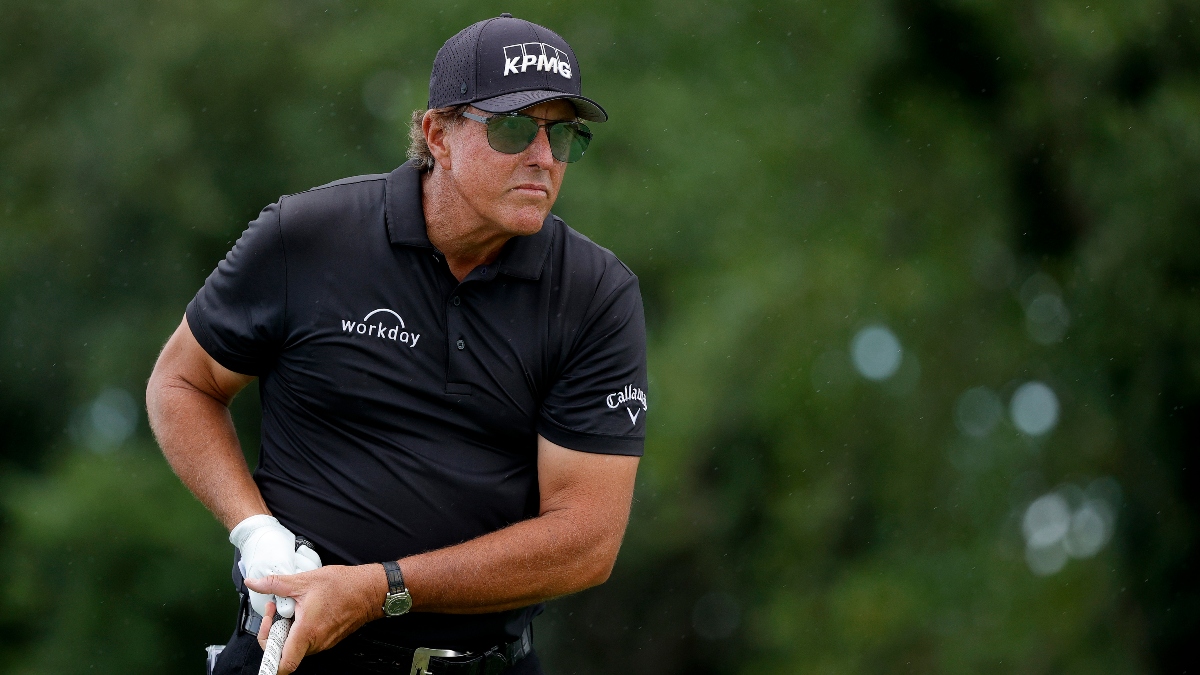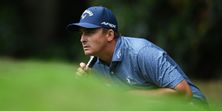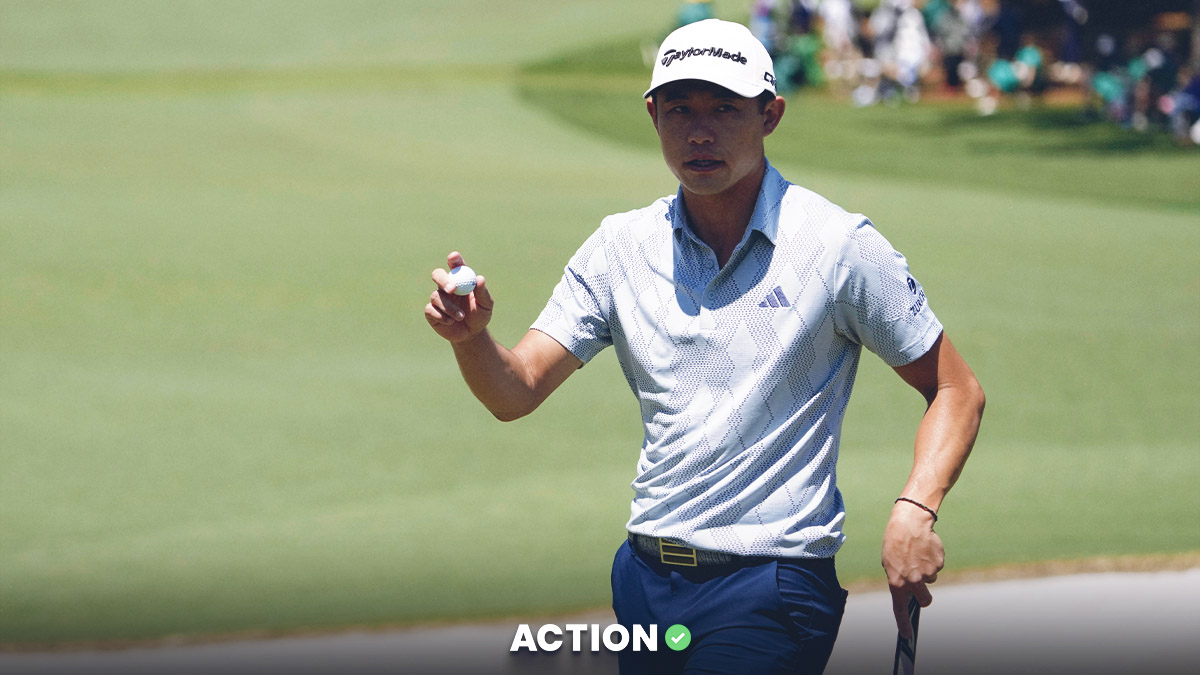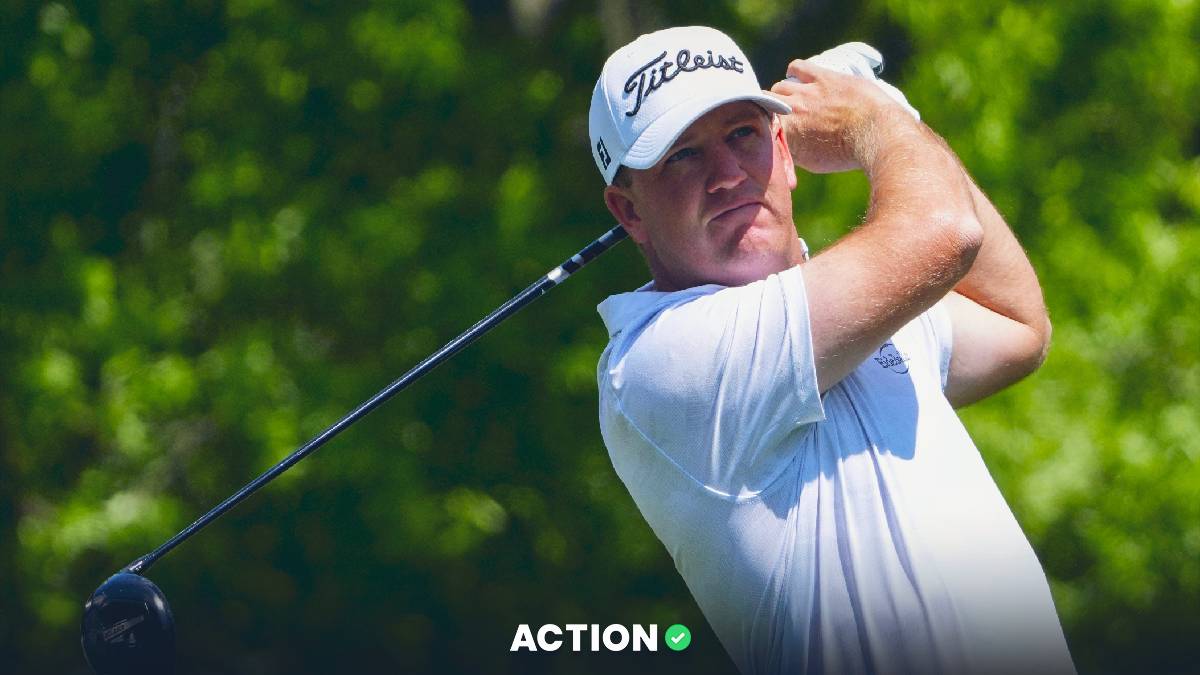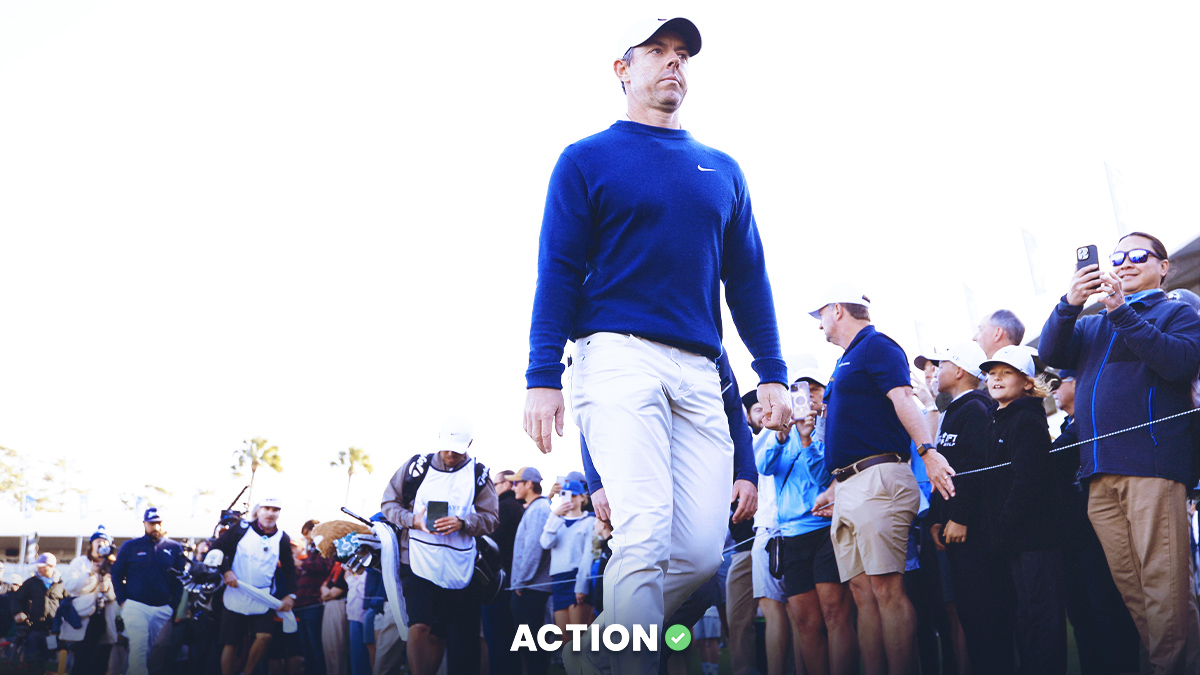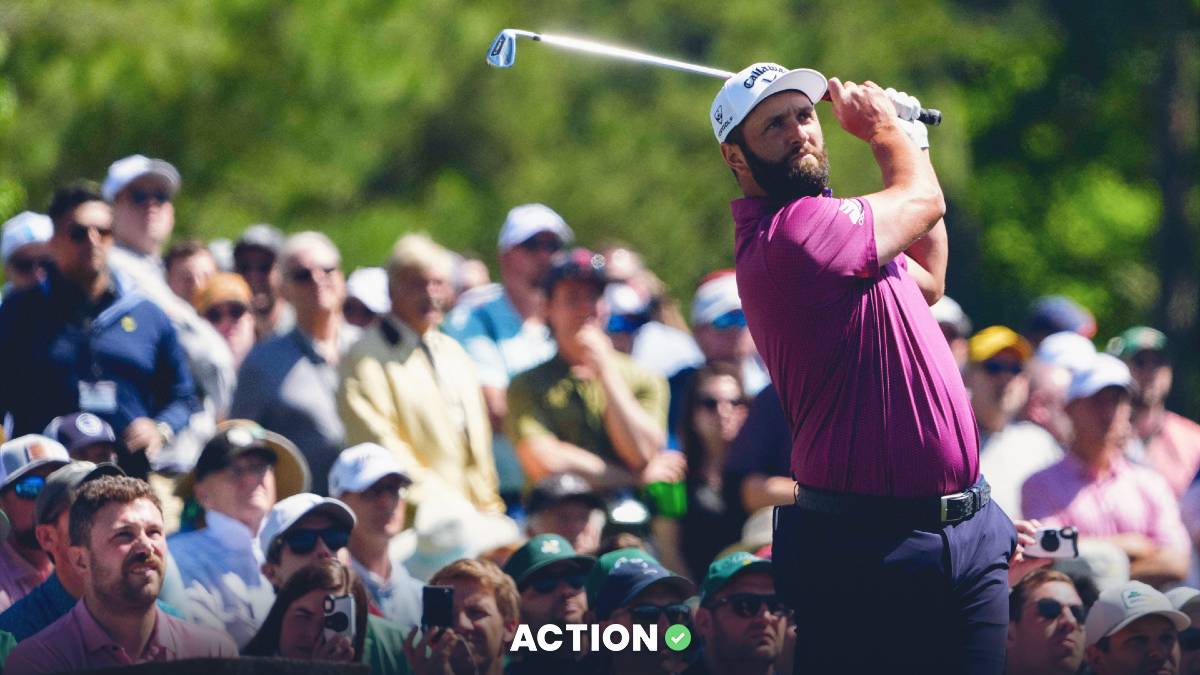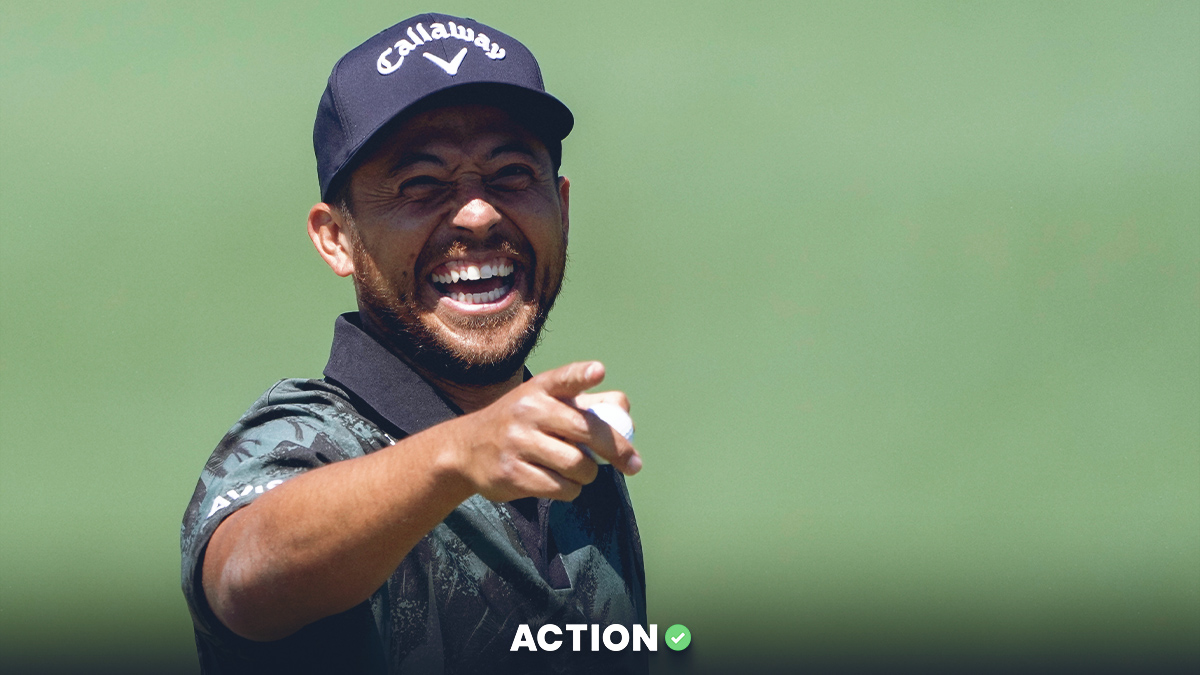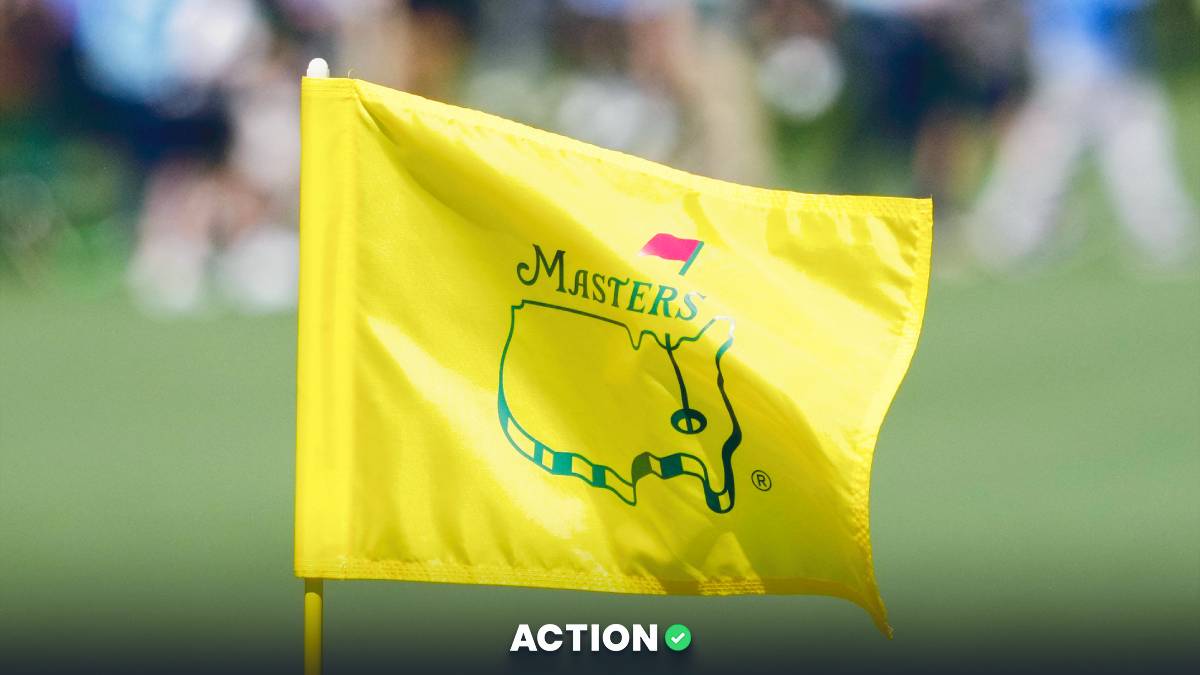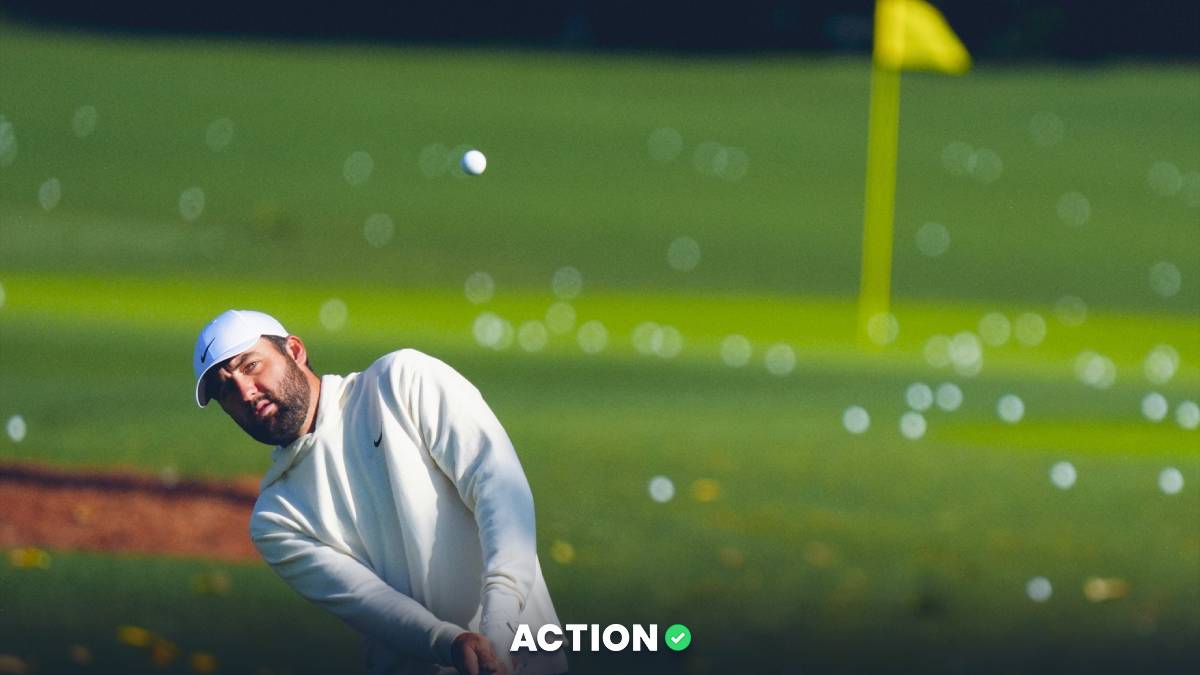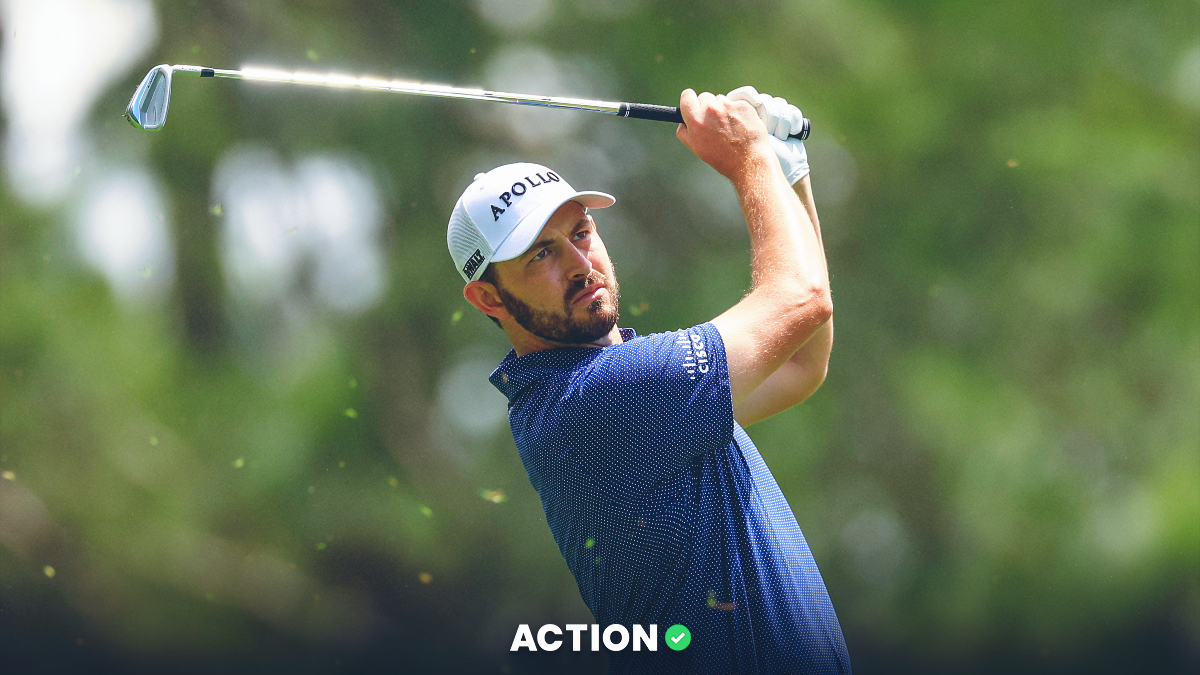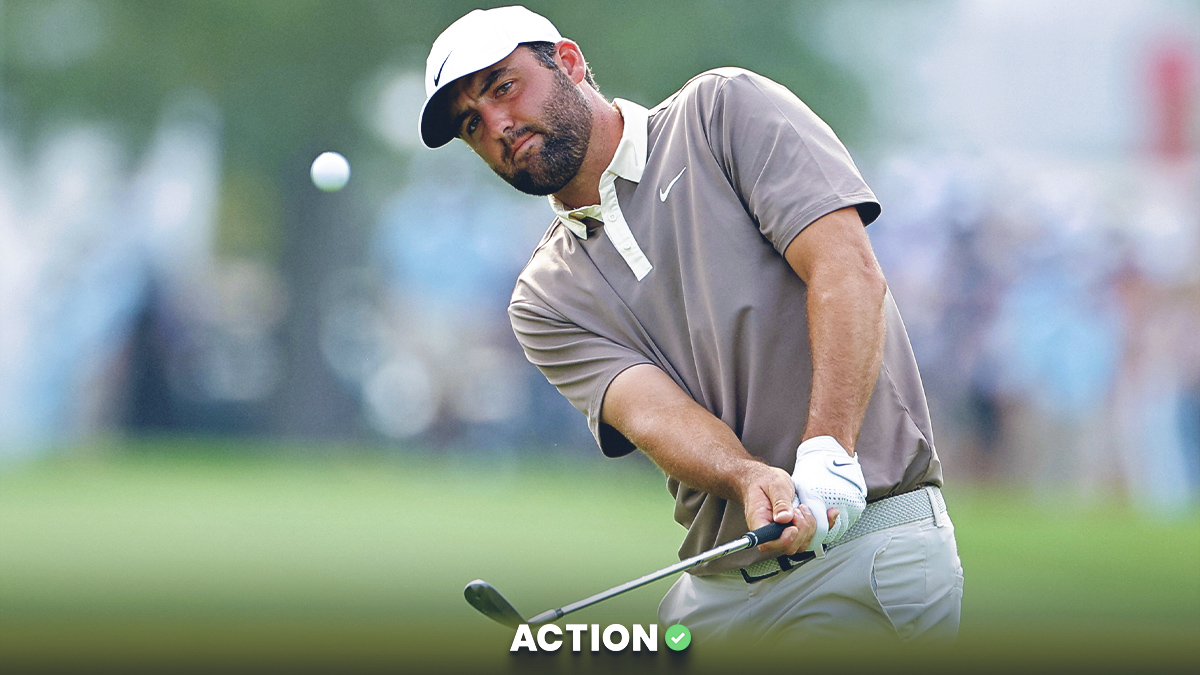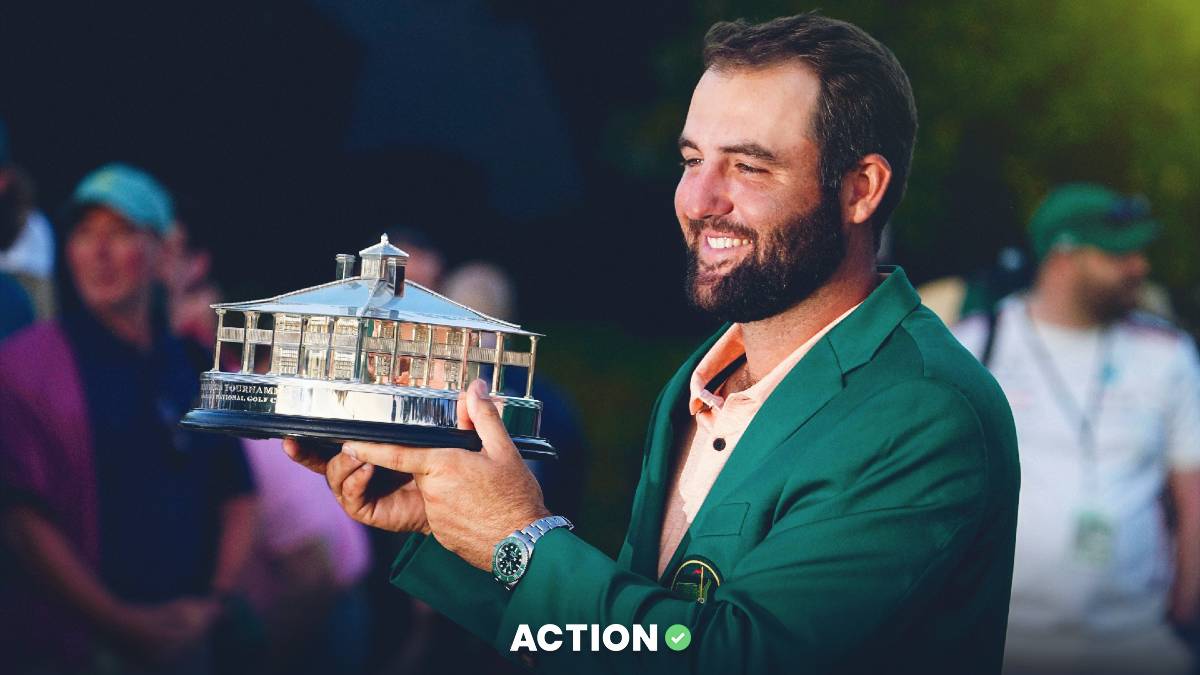Phil Mickelson apologized as part of a statement he released Tuesday afternoon.
This much we know.
The reason for his apology and to whom he was apologizing, however, remain a mystery.
Let’s start this story at the beginning, which means rewinding all the way back to 1992. That was the year a bright-eyed, confidence-infused Mickelson turned professional, with one PGA TOUR victory already to his credit as an amateur.
Almost immediately, the ebullient left-hander sought public affection, working to create an image as golf’s everyman, the renowned people’s champion. Like any proper politician, he kissed babies, led the planet in thumbs-up gestures and left $100 tips in his wake wherever he traveled, cementing that persona well into his 50s and a celebrated sixth major championship victory less than a year ago.
Why does this story start here? Because in one months-long attempt to corral his fellow elite-level golfers into taking Saudi Arabian government-funded money in exchange for competing in tournaments to help the nation sportswash its heinous sins against human rights, Mickelson did irreparable harm to that very image he spent decades cultivating.
If there’s one comprehensible takeaway in his often-ambiguous, six-paragraph, 530-word statement, it’s that Mickelson realizes that his damage control isn’t likely to control much of the damage he’s already caused himself.
In fact, he might’ve only created more of it.
Phil Mickelson released the following statement today ⤵️ pic.twitter.com/tN3tORFOfL
— Golfbet (@Golfbet) February 22, 2022
While the statement starts benignly enough, it doesn’t take long for Mickelson to devolve into passive-aggressive deflection.
“There is the problem of off-record comments being shared out of context and without my consent…” he begins, a not-so-thinly-veiled reference to a book excerpt which quoted him referring to the Saudis as “scary motherfuckers” and admitting, “I’m not even sure I want [the SGL] to succeed.” The author, Alan Shipnuck, has vehemently denied these claims of confidentiality.
Not long thereafter, Mickelson doubles down in the statement about golf needing change and change requiring disruption, a rationalization that seems antithetical to any remorse.
He continues by describing positive discussions with the professional golf league – not the one of which he’s been a member for the past three decades, but the one attempting the aforementioned sportswashing. He mentions “partners” and “relationships” and “companies”; he insists he’s sorry to “the people I have negatively impacted,” a vague twist of phrasing which is left swaying in the breeze.
In the end, he accepts accountability, closing with perhaps the most – or only? – scrupulous proclamation of the entire statement: “I know I have not been my best and desperately need some time away to prioritize the ones I love most and work on being the man I want to be.”
Mickelson has always possessed a deep desire to prove himself the smartest person in any room. It often works. There was the time at Adam Scott’s champions’ dinner at the Masters when he served pavlova for dessert and Mickelson stood up and told his fellow green jacket-clad winners that the pastry was created about a century ago, either by an Australian or New Zealander, in an effort to woo the Russian ballerina Anna Pavlova. He was right, of course – and to this day, we can almost see the Cheshire cat grin across his face in the moment, satisfied in his own ability to impress his peers.
Perhaps it became such second nature that Mickelson believed he could simply explain the righteous impact of the proposed Saudi League like he was explaining the origin of a dessert. Maybe he thought his usual game of chess could once again triumph over his perception of everybody else playing checkers, that being the smartest person in the room would once again afford the luxury of his peers’ adulation.
Those wily mind games had worked so often in the past that Mickelson didn’t count on such a costly misstep in this maneuver, when saying the quiet part out loud finally proved that he apparently wasn’t the smartest person in the room this time.
It all led to Tuesday’s clumsy apology – not necessarily to the PGA TOUR or his fellow players or the fans, but only “the people I have negatively impacted.”
And for what? Well, that was unclear, as well, though it can easily be reconciled that he was apologizing for being quoted in what he believed were off-the-record comments, saying mean things about the Saudi government and losing some sponsors.
Toward the end of his statement, Mickelson disclosed that he’d be taking some time away from the game of golf, leaving an exposed mess where his Hall of Fame career once resided. When he does return, there will be plenty of questions.
Maybe by then, the smartest person in the room will have some of the answers.


